Understanding clocks Worksheets for Ages 7-8
6 filtered results
-
From - To
Discover our "Understanding Clocks" worksheets for ages 7-8 at Kids Academy! Specially designed to make learning time exciting and fun, these worksheets help children master the fundamental skill of telling time. Through engaging activities, including recognizing hours and minutes, identifying clock hands, and solving time-related problems, kids build confidence and improve their time-telling abilities. Perfect for classroom or at-home learning, our resources support both individual and guided practice. Boost your child's learning journey with our expertly crafted, grade-appropriate worksheets that turn the challenge of reading clocks into an enjoyable and rewarding experience!
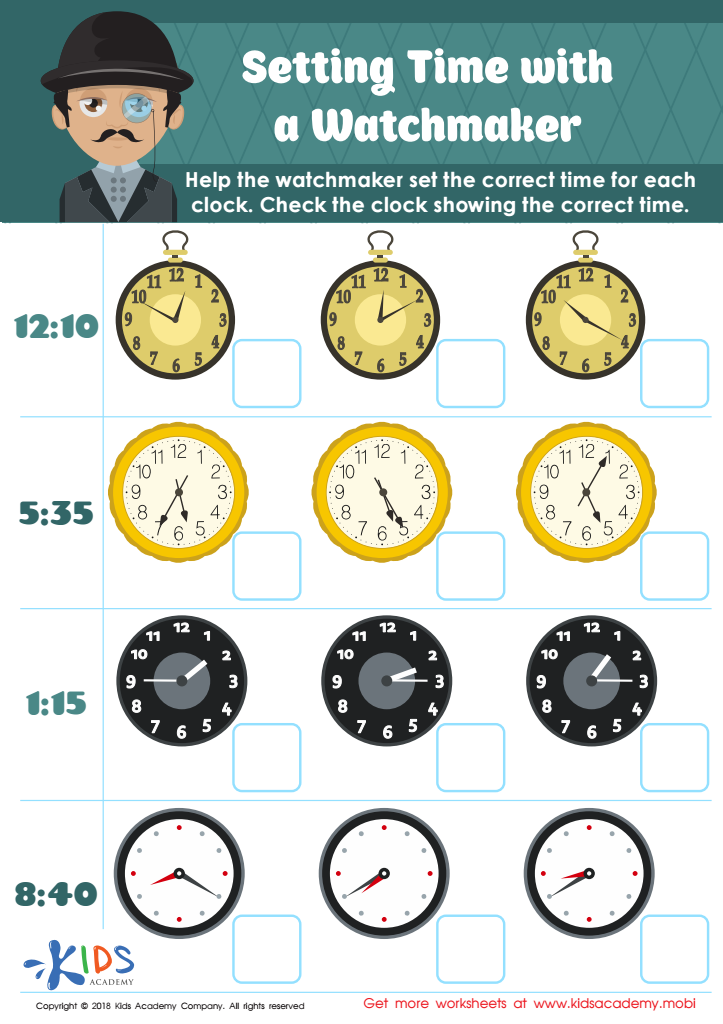

Setting Time with Watchmaker Worksheet
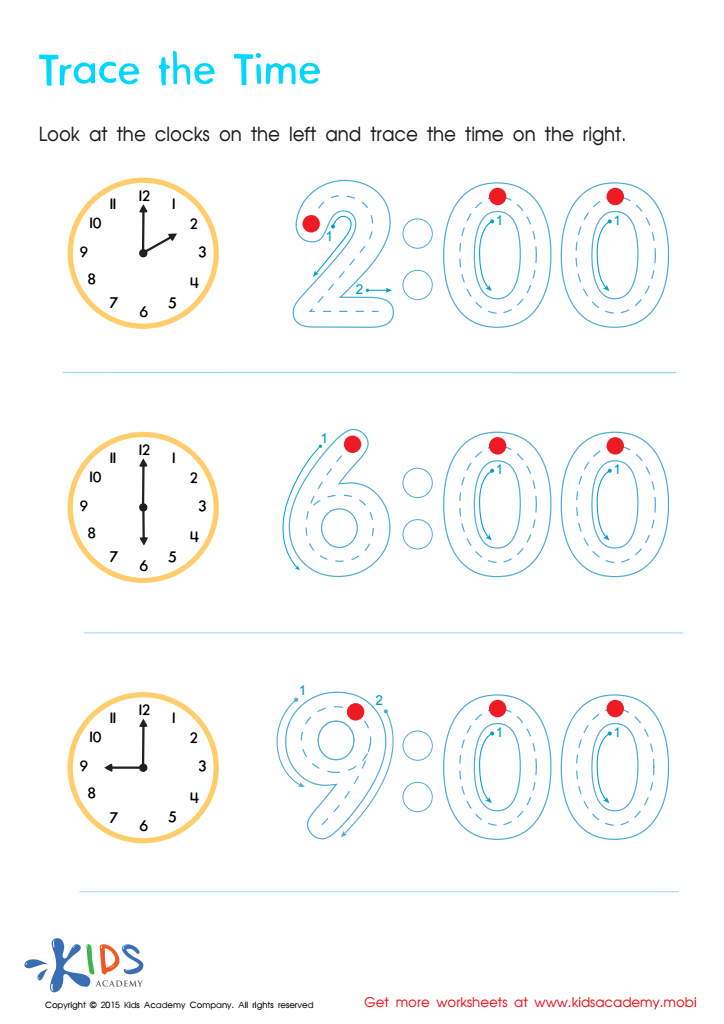

Telling The Time Worksheet: Part 2
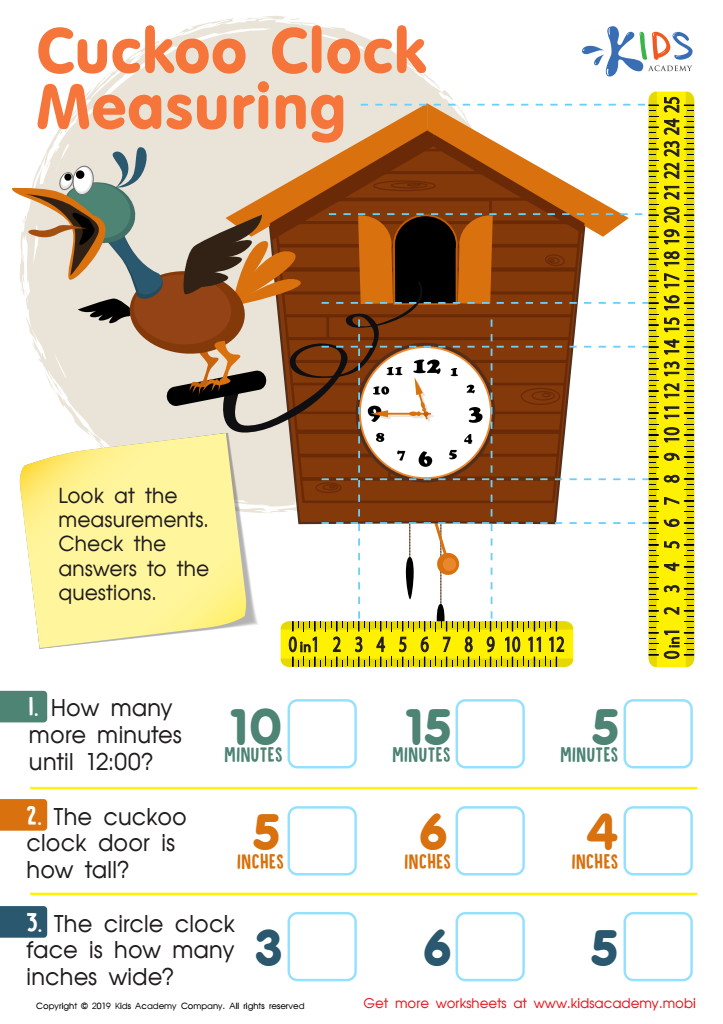

Cuckoo Clock Measuring Worksheet
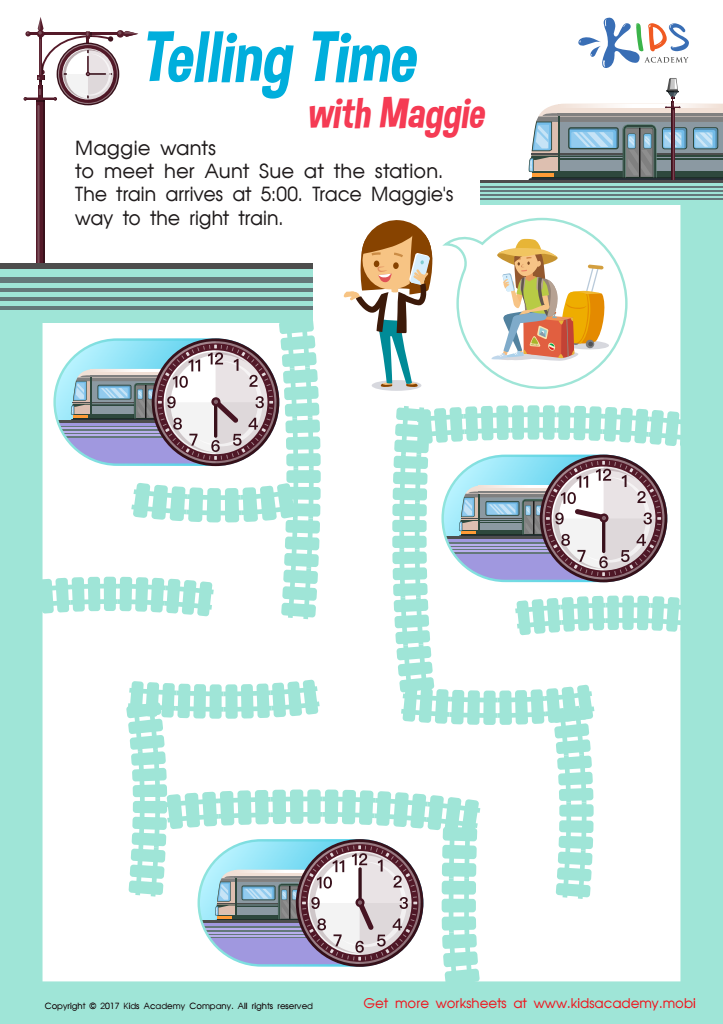

Telling Time With Maggie Time Worksheet
Understanding clocks at the ages of 7-8 is crucial for children's development as it lays the foundation for essential life skills and future academic success. Time-telling integrates fundamental mathematical concepts such as counting, addition, and subtraction, promoting cognitive development in a practical context. It helps children grasp the abstract concept of time, enhancing their ability to plan and manage daily activities.
For parents and teachers, encouraging time-telling skills also nurtures a child's sense of responsibility and independence. Being able to read a clock allows children to understand routines, meet deadlines (like bedtime or school start times), and develop punctuality—an essential habit for future schooling and later life. It goes beyond academics, instilling discipline and a sense of structure in their daily lives.
Moreover, time-telling activities can be fun and engaging, especially when integrated into interactive and cooperative learning experiences. This not only reinforces learning but also strengthens parent-child or teacher-student relationships. Understanding clocks enhances a child’s confidence in their ability to perform tasks independently, fostering a positive self-esteem that benefits their overall personal development.
Overall, being proficient in reading clocks equips children with a critical life skill, supporting both their academic journey and personal growth, making it highly beneficial for teachers and parents to focus on this foundational competency.
 Assign to My Students
Assign to My Students

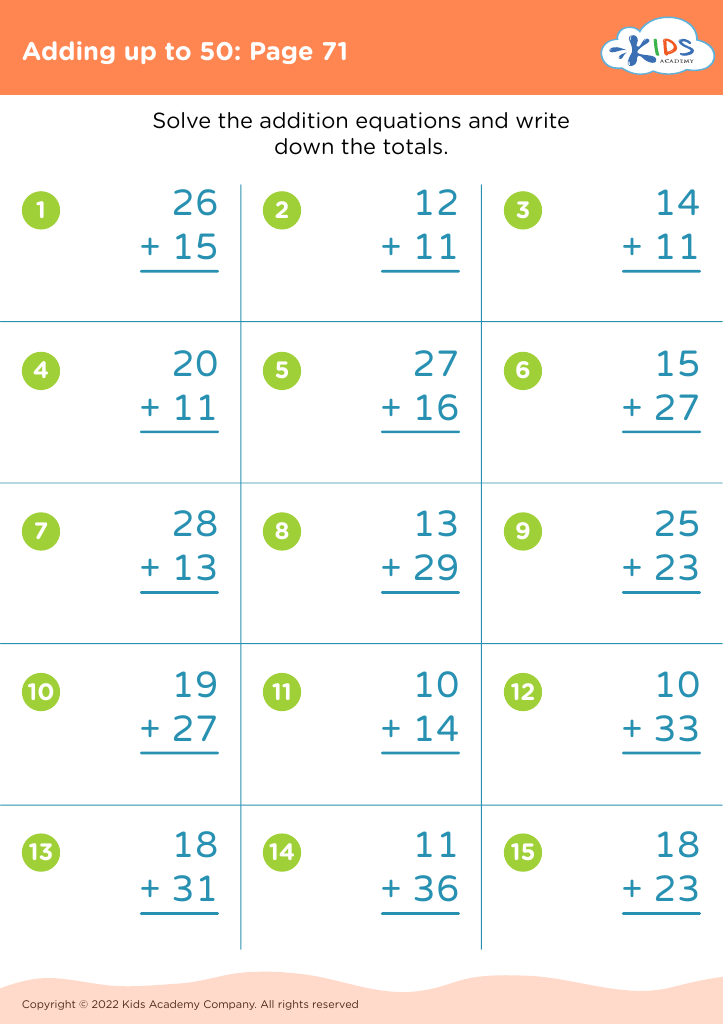





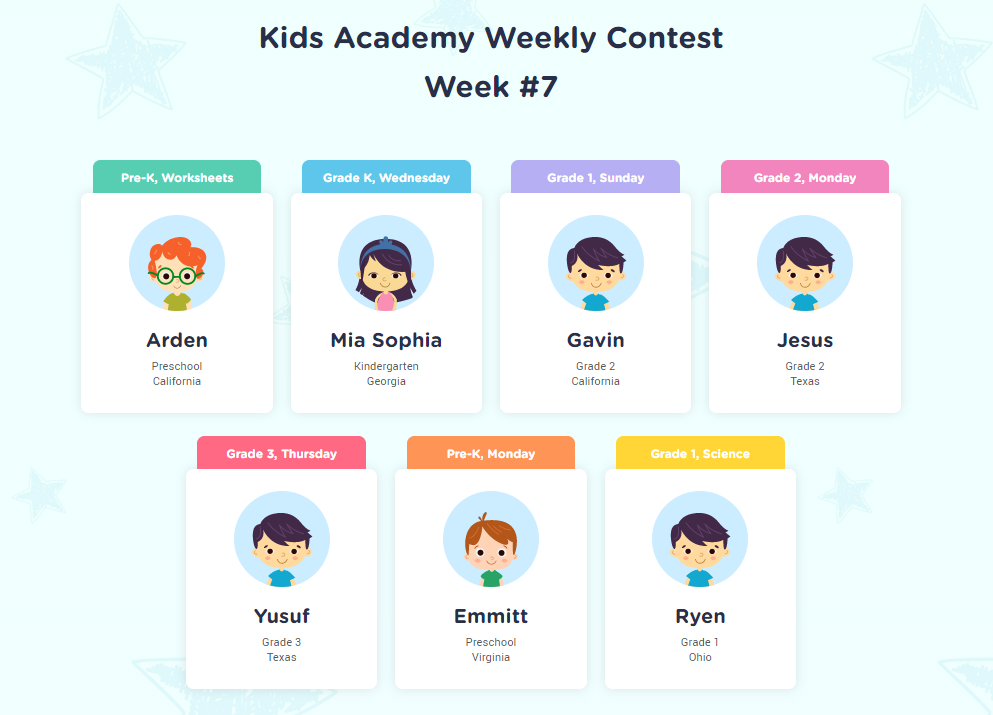
.jpg)














